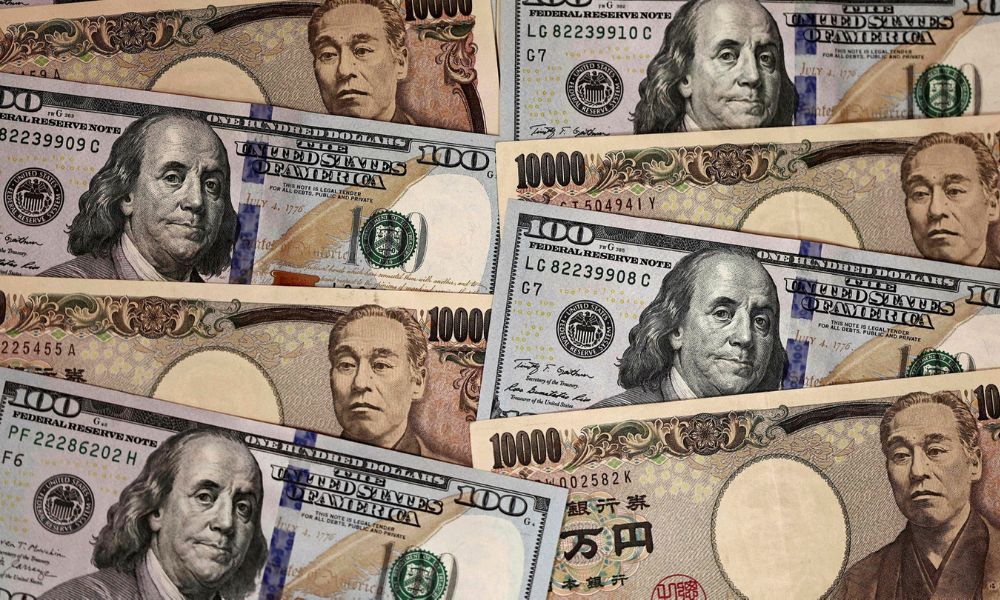
The yen had its most volatile trading session in months on Friday after the Bank of Japan tweaked its yield curve control policy, leaving investors wondering if an eventual shift in its massive stimulus program is approaching.
Whipsawing as traders digested the decision, the Japanese yen weakened 1.13% versus the greenback and was last at 141.05 per dollar in the New York afternoon session.
The BOJ is offering to buy 10-year Japanese government bonds (JGB) at 1.0% and is keeping its short-term interest rate at minus 0.1% and the 10-year government bond yields around 0%.
| Are you a Tax Lawyer in USA? 👉Transform Your Brand: Click for Metamorphosis👈 |
"This is a first step in moving to a tightening in overall monetary policy settings," said Karl Schamotta, chief market strategist, at Corpay in Toronto.
"It does acknowledge that Japan is gradually escaping its inflation trap, and we are seeing signs that the Bank of Japan is going to pull back on its accommodative monetary policy settings in the months and years ahead."
Schamotta added that the prospect of an increase in yields in Japan is weighing on global yields by suggesting that Japanese investors might keep more money at home, as opposed to redeploying it into government bond markets overseas.
Meanwhile, the dollar fell against a basket of its major peers as investors largely shrugged off new data showing inflation slowing as they continue to sort through multiple central bank decisions this week to understand the outlook for monetary policy.
U.S. annual inflation in June increased by the smallest amount in more than two years, with underlying price pressures moderating. If the trend continues, it could push the Federal Reserve closer to ending its fastest interest rate hiking cycle since the 1980s.
Inflation slowed considerably in the 12 months to June, with the personal consumption expenditures index advancing 3.0%, the smallest annual gain since March 2021, the Commerce Department said on Friday.
The dollar index fell 0.049% to 101.630, while the euro rose 0.42% to $1.1019.
"The focus is back on growth and how much growth the U.S. economy can sustain without inflation ticking higher again," said Adam Button, chief currency analyst at ForexLive in Toronto.
"There's a great deal of uncertainty about where inflation will ultimately land and what the Federal Reserve will tolerate. Right now, the market is taking it one data point at a time."
CENTRAL BANK WEEK
Earlier this week, the Fed and the European Central Bank announced interest-rate hikes, as expected. The ECB raised the possibility of a pause in September as inflation pressures show tentative signs of easing with recession worries mounting.
The Fed left the door open to more rate hikes, though Fed Chair Jerome Powell gave few hints about the September meeting.
The Fed is having to balance its fight against inflation with an economy that is showing signs of slowing but is still growing faster than expected and with a robust labor market.
| Are you a Tax Lawyer in USA? 👉Transform Your Brand: Click for Metamorphosis👈 |
Sterling was last trading at $1.2854, up 0.48%.
In cryptocurrencies, bitcoin last rose 0.56% to $29,302.02 while Ethereum last rose 0.88% to $1,874.59. (Source)